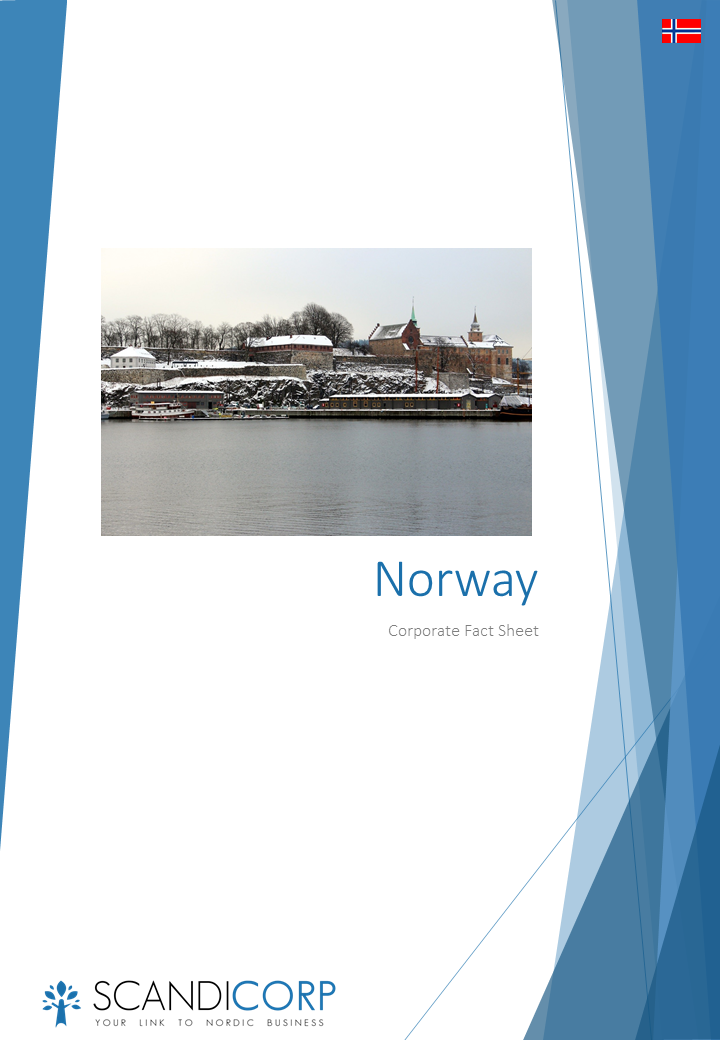Today the Nordic countries have small company provisions making it unnecessary to appoint an external auditor if certain conditions depending on size of turnover, number of employees, and size of balance sheet are met. In the start-up phase of a company it may seem appropriate to save on costs and revert to the issues of appointing an auditor later on.
A frequently asked question by SCANDICORP clients setting up companies in the Nordic region is whether they should appoint an auditor in connection with incorporating the company or save that decision until later.
In most cases our advice to the client has been that it makes sense to appoint a qualified external auditor from the very start in connection with registering the company. Naturally this will depend on the business activities of the company, the structure of ownership, appointed directors and other factors to be considered on a case-by-case basis.
The Pros of having an external auditor:
- Clients, suppliers, collaborators, banks and other parties involved with the company will be more comfortable in their dealings with the new company.
- There is less risk of unforeseen problems due to the professionalism and qualifications of the auditor.
- A way to ensure that the company complies with legal and tax regulations.
- Having access to independent advice and guidance on short notice from someone who knows the company.
- Giving the shareholders assurance that the accounting, management and directors have performed up to required standards.
- A foreign investor or director in a Nordic company, not being totally aware of local rules and regulations, will be more comfortable compared to if the company has no external auditors.
- The tax office may also be more comfortable with tax returns from an audited company.
The Cons of having an external auditor:
- The costs associated with external audits.
- Faster preparation of Annual Reports and tax returns.
SCANDICORP is happy to introduce clients to qualified external auditors suiting their particular needs. Some clients may opt for one of the international “Big Four” firms or maybe the next tier of international firms that are all present in the Nordic countries, while other clients might prefer a smaller local audit firm more suited for their particular business.






